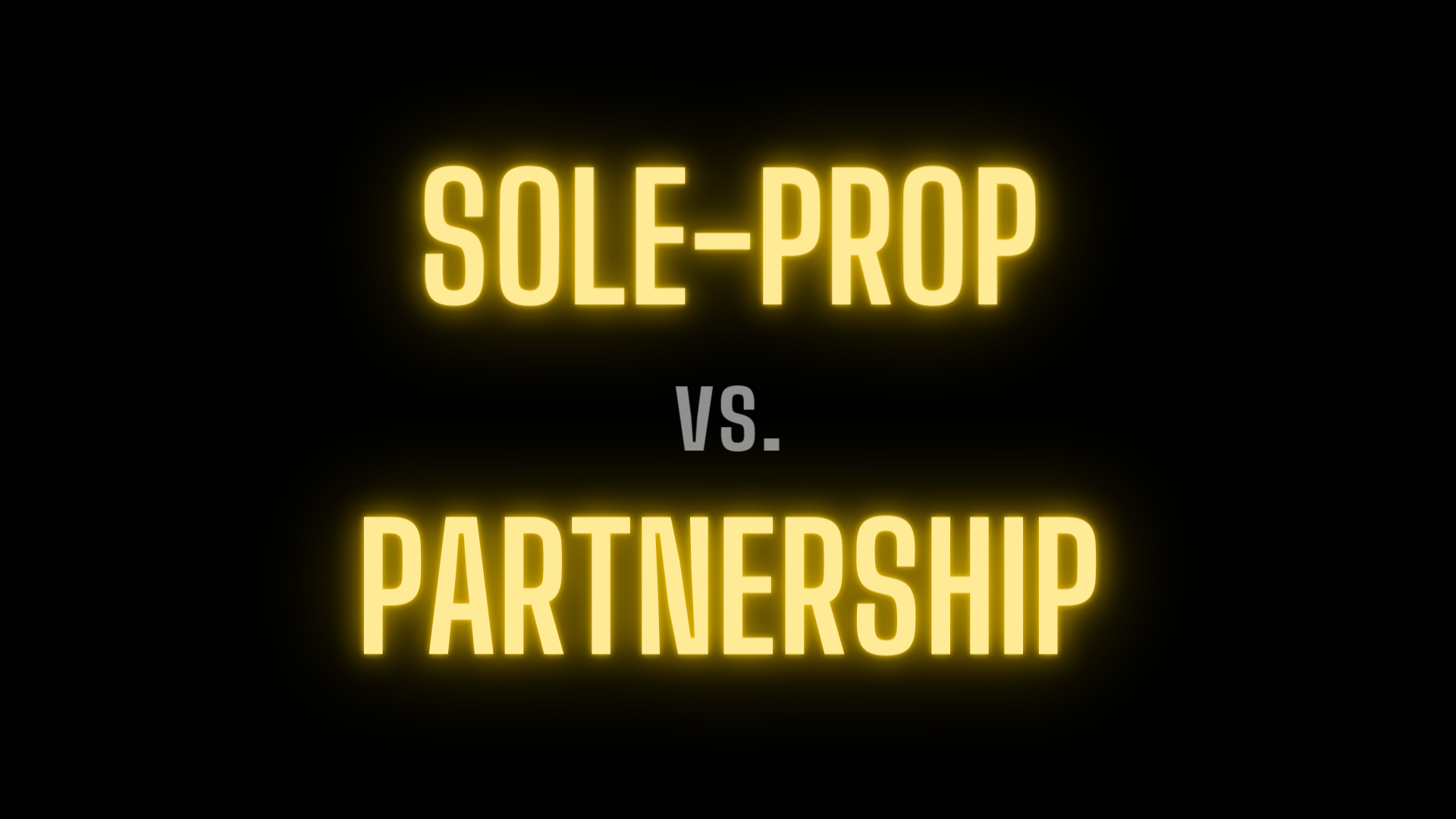Are you an aspiring small business owner but are having trouble deciding which business structure is most ideal for you?
When it comes to up and coming entrepreneurs, the most suitable business entities are either a sole proprietorship or partnership. Both of them come with less formalities than other private companies and are a great option for those who are just starting out.
Who Can Set Up a Sole Proprietorship or Partnership in Singapore?
In general, the criteria for Sole Proprietorship and Partnership applications are the same. You have to be at least 18 years of age and must be a Singapore Citizen, Singapore Permanent Resident, or an EntrePass Holder.
For foreigners who want to set up either one of these business structures, the process may differ largely as there are far more requirements to comply with. For instance, you have to appoint at least one local resident as an authorised representative.
Alternatively, foreigners may set up a Private Limited Company (PLC) instead to avoid this stringent process and certain business limitations.
Difference Between Sole Proprietorship and Partnership
While both business models have fair similarities and are both suitable for entrepreneurs, they still have their differences.
Ownership
Considered one of the simplest business structures, sole proprietorships only have one sole owner, hence the name. There are no other business owners, partners, or shareholders besides the owner themselves.
Unlike a sole proprietorship, partnerships are enterprises that are owned by two or more individuals. Both partners will contribute to the business and share in both its profits and losses. In Singapore, up to 20 individuals are allowed in a partnership under the Accounting and Corporate Regulatory Authority (ACRA).
Liability
Both of these business structures are considered single legal entities, which means they are not a separate entity from its business owners and partners. Having unlimited liability means that the individual owner and partners involved are solely responsible for any debts or legal action taken against the business, which can affect their personal assets as well.
However, for partnerships, each partner is legally responsible for any losses incurred by other partners, even if they have no involvement in the transaction whatsoever. With that said, choosing your partners can either make or break your business.
Terms and Agreements
Sole proprietors probably have the most lenient business structure out of all. Since there is only one sole owner of the business, a partnership agreement isn’t necessary. However, for any external clients or collaborations, having a contract in place will be beneficial. Before starting any project, make sure to have a written agreement signed by both parties that clearly defines the terms of the assignment.
For partnerships, written agreements are strongly recommended within the team. This minimises any potential sources of conflict and allows each partner to be clear of their roles before the partnership is formed. Before you begin any partnership, it is crucial to have a partner you can trust as this may affect your credit score, the future of your business, and your business relationship as well.
Creative Freedom
Since sole proprietors have complete control over the operations of their business, they also have the creative freedom to do anything with their business and change the way that they operate as well.
With other partners involved in the business, partnerships don’t entail as much creative freedom as sole proprietorships. Any changes or decisions to be made still have to be discussed with all the partners involved before proceeding with the final verdict.
Choosing Your Business Structure
Your choice of business structure matters greatly as it will affect a multitude of factors as your business grows such as the amount of taxes you have to pay, the level of liability to your personal assets, and even the ability to attract potential investors. If you are convinced that you want to be the sole owner of your business and prefer going solo, sole proprietorship is the way to go. However, if you’re looking to collaborate and join efforts with someone else, a partnership would be more suitable for you.
Once you have chosen between a sole proprietorship and partnership, be sure to set up a separate business account for all your company expenses. To get you started, Aspire and Osmose have partnered together to offer same-day online incorporation and business account opening in Singapore. Not only will this partnership create more convenience for you in handling your financial matters like business expenses, accounting and tax, but it also simplifies the process of registering your business as a whole.
.svg)



%20Definition.png)
_%20What%20It%20Means%20and%20How%20to%20Calculate%20It.png)


